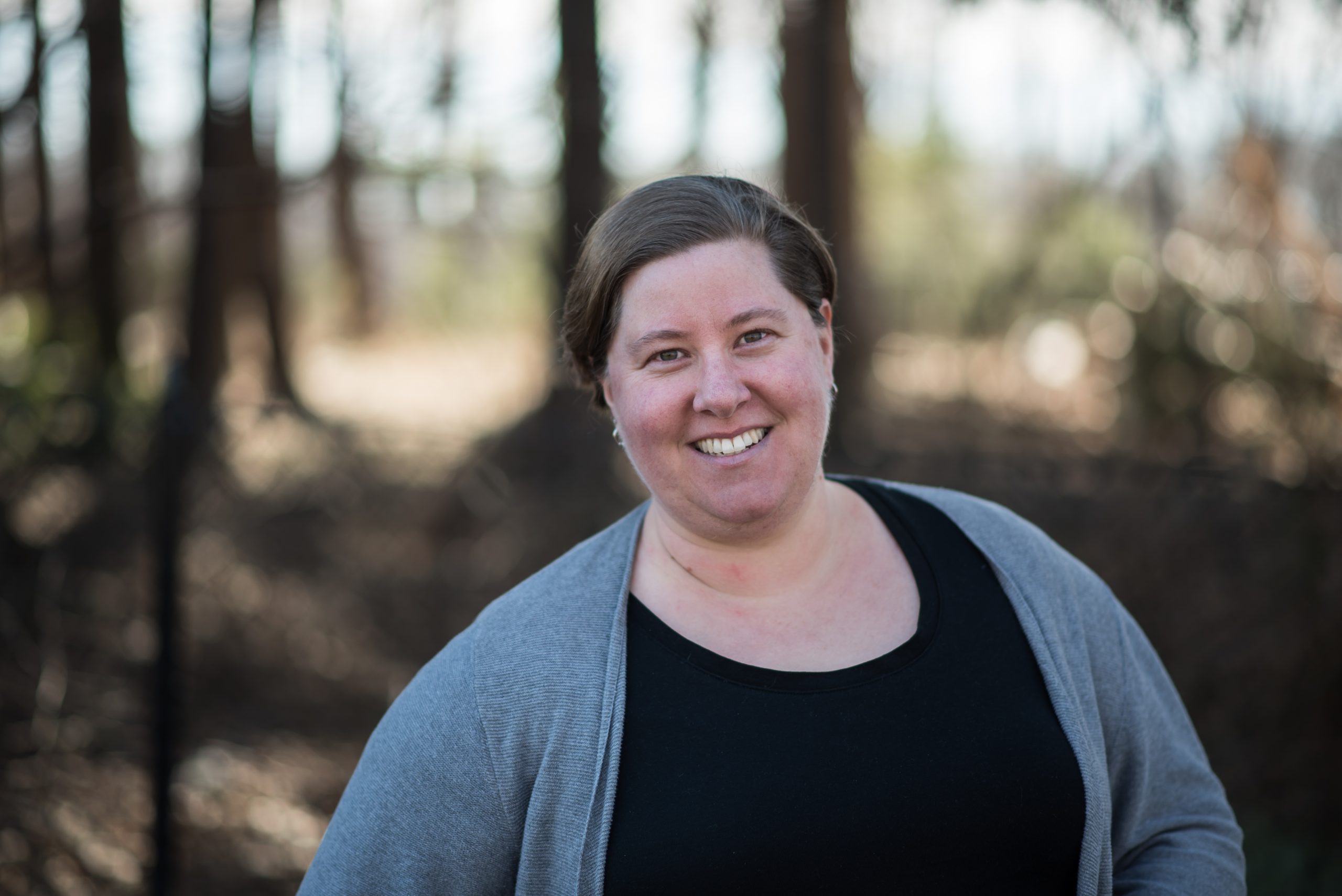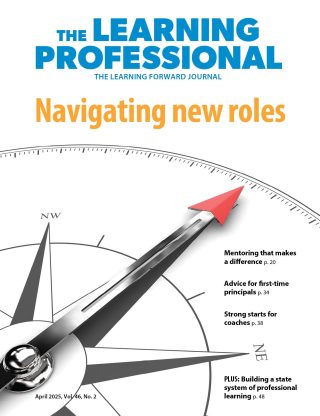IDEAS
What literacy means in math class
Teacher team explores ways to remake instruction to develop students’ skills
By Jacy Ippolito and Megin Charner-Laird
April 2017
Vol. 38 No. 2
Read the remaining content with membership access. Join or log in below to continue.
Sed ut perspiciatis unde omnis iste natus error sit voluptatem accusantium doloremque laudantium, totam rem aperiam, eaque ipsa quae ab illo inventore veritatis et quasi architecto beatae vitae dicta sunt explicabo. Nemo enim ipsam voluptatem quia voluptas sit aspernatur aut odit aut fugit, sed quia consequuntur magni dolores eos qui ratione voluptatem sequi nesciunt. Neque porro quisquam est, qui dolorem ipsum quia dolor sit amet, consectetur, adipisci velit, sed quia non numquam eius modi tempora incidunt ut labore et dolore magnam aliquam quaerat voluptatem.
Jacy Ippolito (jippolito@salemstate.edu) is an associate professor at Salem State University. Christina L. Dobbs (cdobbs@bu.edu) is an assistant professor at Boston University. Megin Charner-Laird (mcharnerlaird@salemstate.edu) is an assistant professor at Salem State University.
References
Fang, Z. & Coatoam, S. (2013). Disciplinary literacy: What you want to know about it. Journal of Adolescent & Adult Literacy, 56(8), 627-632.
Hynd-Shanahan, C. (2013). What does it take? The challenge of disciplinary literacy. Journal of Adolescent & Adult Literacy, 57(2), 93-98.
Lee, C.D. & Spratley, A. (2010). Reading in the disciplines: The challenges of adolescent literacy. New York, NY: Carnegie Corporation of New York.
Moje, E.B. (2007). Developing socially just subject-matter instruction: A review of the literature on disciplinary teaching. Review of Research in Education, 31, 1-44.
Moje, E.B. (2008). Foregrounding the disciplines in secondary literacy teaching and learning: A call for change. Journal of Adolescent & Adult Literacy, 52(2), 96-107.
Moje, E.B. (2015). Doing and teaching disciplinary literacy with adolescent learners: A social and cultural enterprise. Harvard Educational Review, 85(2), 254-278.
Shanahan, C. (2012). How disciplinary experts read. In T. Jetton & C. Shanahan (Eds.) Adolescent literacy in the academic disciplines: General principles and practical strategies (pp. 69-90). New York, NY: Guilford.
Shanahan, C. & Shanahan, T. (2014). The implications of disciplinary literacy. Journal of Adolescent & Adult Literacy, 57(8), 628-631.
Shanahan, T. & Shanahan, C. (2008). Teaching disciplinary literacy to adolescents: Rethinking content area literacy. Harvard Educational Review, 78(1), 40-59.

Jacy Ippolito (jippolito@salemstate.edu) is professor and co-coordinator, programs in educational leadership at Salem State University in Salem, Massachusetts.

Megin Charner-Laird (mcharnerlaird@salemstate.edu) is associate professor and co-coordinator, programs in educational leadership at Salem State University in Salem, Massachusetts.
Recent Issues
LEARNING DESIGNS
February 2025
How we learn influences what we learn. This issue shares essential...
BUILDING BRIDGES
December 2024
Students benefit when educators bridge the continuum of professional...
CURRICULUM-BASED PROFESSIONAL LEARNING
October 2024
High-quality curriculum requires skilled educators to put it into...
LEARNING TO PIVOT
August 2024
Sometimes new information and situations call for major change. This issue...












